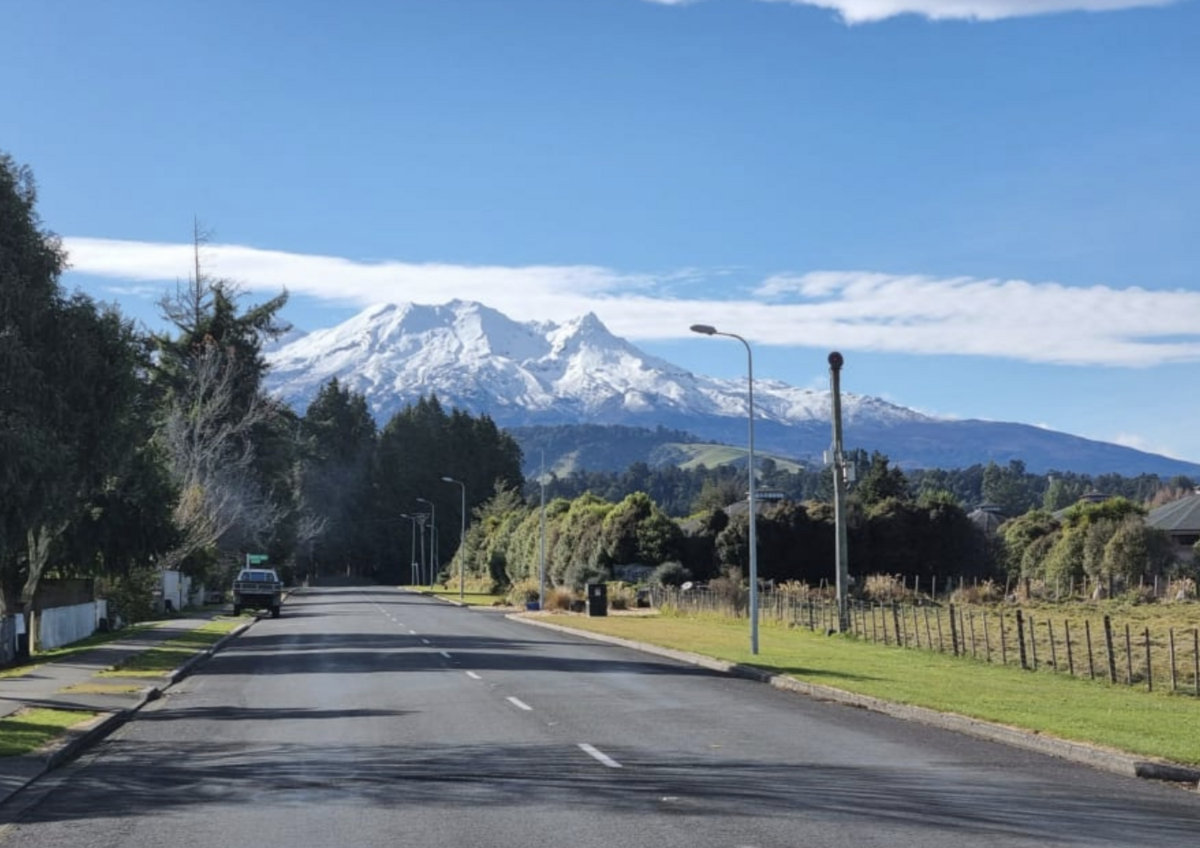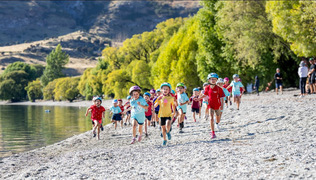Proposal to charge entry for popular national attractions receives mixed reviews
RNZ
15 November 2024, 9:17 PM

The government's proposal to charge people to enter Aotearoa's most popular natural attractions has received mixed reviews.
The Department of Conservation (DOC) is asking the public who should pay to enjoy our national parks and conservation areas and how that money should be used.
Ruapehu mayor Weston Kirton welcomed the idea, if the money funded desperately needed infrastructure.
The mayor said central plateau tourism hotspots like Mount Ruapehu were not coping with the number of tourists they had.
"National parks can't continue on with the damage caused by visitors over the years and without the infrastructure needed to support up to 200,000 tourists a year.
"We're tremendously stretched as a small community and can't take on the cost."
But he said, it was important for locals to continue to have free access to Aoraki.
"There should definitely be a price for New Zealanders from outside the district and for those who come from overseas."
He said the district required more toilets and camping grounds to keep up with demand.
"We welcome visitors to the area but we don't get the funding required to support them."
Stewart Island Flights owner Bill Moffat strongly opposed the plan, arguing it already cost too much for tourists to visit.
The island currently has a $10 visitor levy, but Moffat said this could increase to $15 in 2025.
Most people travelling to New Zealand must also pay a $100 dollar tourist levy.
"It's yet another charge being incurred by the visitors," said Moffat.
"The inbound arrival levy, 50% of that is supposed to contribute to DOC.
"Adding another levy is like triple dipping."
Tourism Industry Aotearoa chief executive Rebecca Ingram said decisions about the proposed charges needed to be made carefully.
"Tourism businesses think it's important that DOC can invest in the future and deliver the amazing experiences they provide.
"They also think it's important to consider the fees that are paid by visitors and in particular, take into consideration that the international visitor levy is now $100 and a portion of that goes toward conservation."
The group will consult tourism operators before it makes suggestions to the government.
Tourists spoken to by RNZ were understanding of the government's position, but some were concerned about added costs.
Liyaan was returning to London after a 21 day tour of the North and South Island.
"As a tourist, it would drive up my costs. But I also understand why it would be imposed.
"For people on a budget, it might make them think twice about coming to New Zealand."
Phaidra from Belgium said if the fees were in place now, she would have to consider how many activities would fit into her budget
"It would be quite a lot to pay every time."
US traveller, Liam, was happy to pay for the sights.
"I would have no problem as long as it's going towards preserving the natural places in New Zealand."
He was used to paying an entry fee to access parks in the US and suggested New Zealand implement an annual pass for tourists.
Some New Zealanders RNZ spoke to were worried about losing free access to treasured places.
Jalal was sceptical about where the money would go.
"It seems like another cash-grab from the government.
"They should be encouraging people to explore our parks more. An additional fee would be detrimental to encouraging people to get outdoors."
Amelia said she would not go to a conservation area if there was a fee.
"I wouldn't pay it. Not a single dime. New Zealand should be free for everyone to see."
Other New Zealanders like Ben were on board with increased funding for conservation efforts.
"It probably would be fair for the user to pay to maintain the places they visit."
Neil was fine with paying as long as the money went back into the area.
"That way we get nice things like walkways."
Consultation on the proposal, which would also make it easier for private businesses to operate on conservation land, closes at the end of February 2025.








